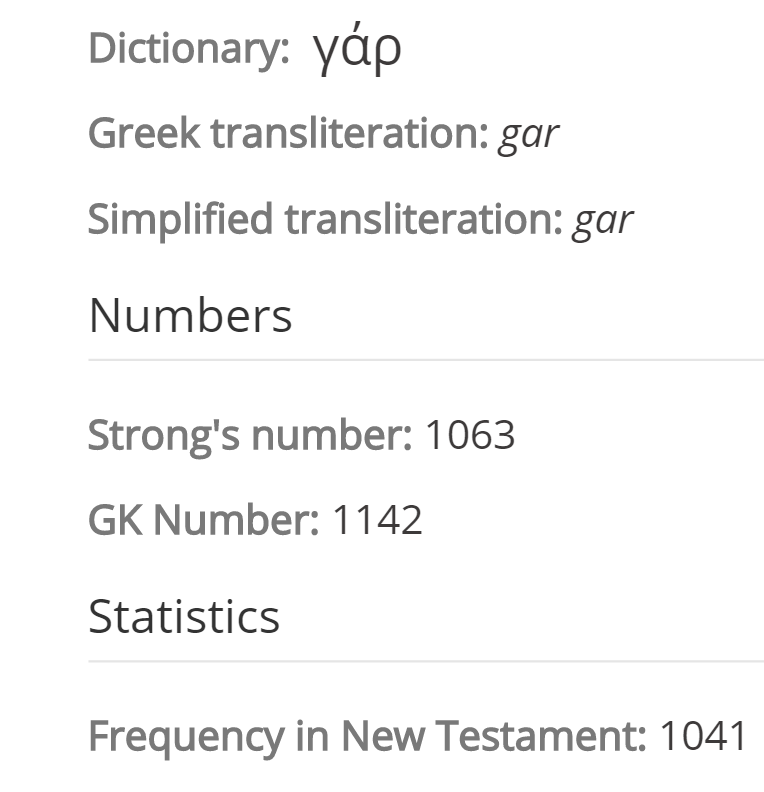This post was written by a former student after completing his final Greek course at Westminster Theological Seminary. Our Greek Matters series stems originally from practical points pulled out of our Colossians Greek Reading Videos.
 Sometimes simple discoveries can change significant things. One of our assignments for third semester Greek at Westminster was to scrutinize, translate, sentence flow, and perform a discourse analysis on Romans 1:15-17.
Sometimes simple discoveries can change significant things. One of our assignments for third semester Greek at Westminster was to scrutinize, translate, sentence flow, and perform a discourse analysis on Romans 1:15-17.
This is a familiar passage for sure. I’ve worked for a parachurch missions agency. I listen to Christian rap. I know Romans 1:16. I have heard this passage preached from many times. I have heard missionary appeals given from this passage many times. I’ve heard this line sung many times. And I have seen “116” tattoos many times. It is familiar. Glorious. But familiar.
I had no real problem translating it. I successfully flowed the sentence without thinking much about grammatical and syntactical relationships as it pertained to interpretation. But once it came time to look at the relationship between clauses in the sentence I realized that I didn’t have much of a clue what was going on. I couldn’t figure out what all those γαρ s were doing.
It wasn’t Daniel Wallace’s Greek Grammar Beyond the Basics which solved my conundrum. Nor was it BDAG. It was our own Dr. Beale’s little Interpretive Lexicon of New Testament Greek. I flipped to page 33 to help me think through what’s going on. Of course, γαρ is a conjunction! In fact, in Beale’s summary of Wallace it is a “coordinating, explanatory conjunction.” The clauses are linked to each other, explaining one another!
In all the times I heard this text expounded, it never failed that the “for”s were blasted through as vestigial. I had come to read them as if they were “Oh!” or “Behold!” or “Yo!”
But more than that, I realized that Paul’s being unashamed of the Gospel is him stating a reason for something. Paul wants to do something because he is unashamed of the Gospel. What is it that he wants to do? Verse 15, a verse missing an indicative verb and seemingly randomly included in our assignment, supplies the answer: Paul wants to preach the gospel to the epistle’s recipients in Rome because…because…because.
Yes, Romans 1:16 is about the gospel being the power of God to save wretched sinners. So it certainly is appropriate to use in an appeal to preach the gospel to the nations. But it doesn’t mean only that. Romans 1:7 tells us that these reciepents in Rome are believers, “are loved by God and called to be saints” (ESV). Paul is saying that the Gospel of Jesus Christ crucified, dead, buried, raised, and seated in heaven is for not only the Jew and the Gentile, but for the Christian and the lost.
Paul is holding up the goodness and the beauty of the Gospel before the Roman believers as being the driving force why he just wants to preach it everywhere. To reference that inevitably apocryphal Luther quote (thanks internet!), we can never move past the Gospel, we always, repeatedly need to hear it fresh. It’s why Paul wanted to go to Rome.
